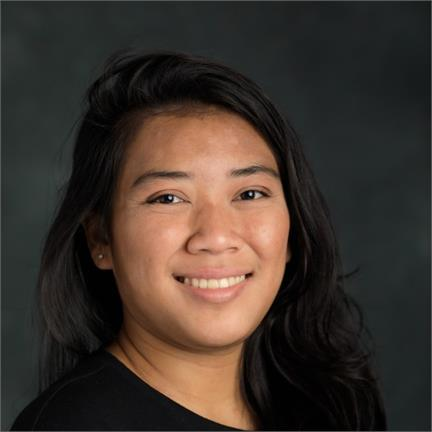
From December 8th-22nd 2022, Rithany Kheam will be joining four others traveling to Cambodia as a part of the Farmer-to-Farmer program under the guidance of Dave Ader. The purpose of this program is to promote sustainable improvements in food security, agricultural production, processing, and marketing in Cambodia. To achieve this the volunteers will be supporting agriculture and agribusiness in Cambodia at the state, high school, and university levels. Volunteers are matched and tasked with exchanging technical assistance based on the specific needs of the host.
Rithany graduated with a bachelor’s degree in Plant and Soil Sciences as well as Microbiology at the University of Massachusetts Amherst. She is currently pursuing a master’s degree in Forestry with a concentration in wood-based products at the University of Tennessee Knoxville under the guidance of Dr. Niki Labbé. She will be using her previous experience as an undergraduate research assistant in a plant molecular genetics laboratory, intensive course work in plant tissue culture and biotechnology, and microbial biotechnology to assist the micropropagation program at the National University of Battambang.
In Cambodia, cassava (Manihot esculenta) is an important cash crop to smallholder farmers. It is produced predominantly for its starch and industrial applications. Cassava mosaic virus (CMV) has emerged in Southeast Asia, which presents a threat to this crop. When a plant is infected with CMV it experiences stunted growth, deformed leaves, and potentially few roots production. As cassava is a vegetatively propagated crop, it is important to ensure that only healthy plants are grown.
One strategy to produce clean plants is plant tissue culture. Plant tissue culture is a collection of techniques that maintains or grows plant cells, tissues, or organs under sterile conditions. Meristem (region of undifferentiated cells found at root tips and shoots) cultivation can eliminate pathogens due to the plant cells multiplying faster than viruses. This means that the plants generated by this method are virus-free. By improving the plant tissue culture facilities at the National University of Battambang, disease-free cassava crops can be generated and distributed to nearby farmers. This knowledge can also be applied to other important crops, such as avocado, plantain, and vanilla in the future.


